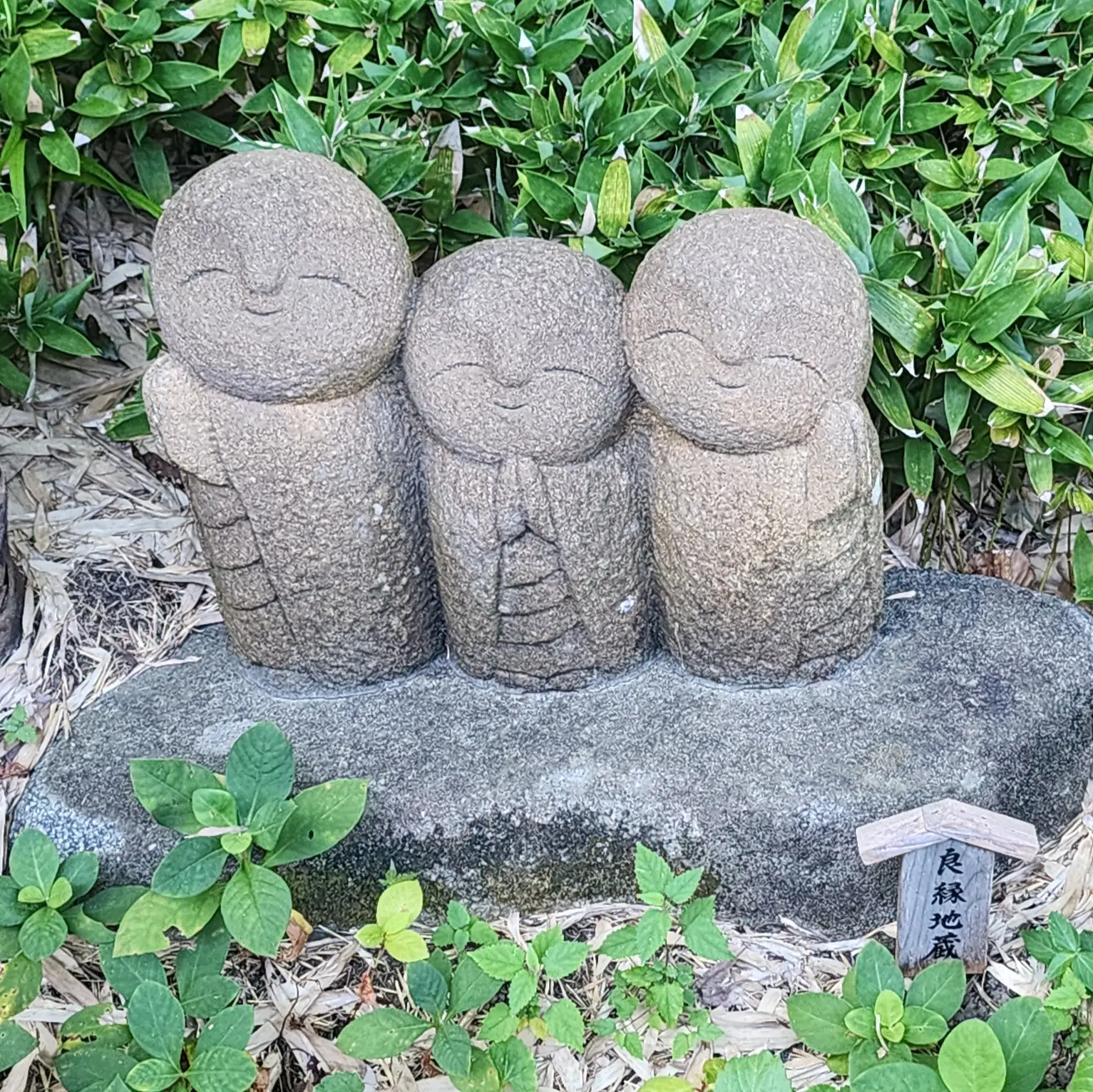Fourteen years ago, I sold my house, rehomed my dog 😭, and boarded a one-way flight to Tokyo. I left behind a deeply rewarding career, a beautiful home state full of outdoor adventures, lifelong friendships (some dating back to elementary school), and family just minutes away. But I’d always wanted to live overseas, and I figured—if not now, when?
My company gave me two options: Singapore or Tokyo. In a move that could be described as bold—or wildly impulsive—I did minimal research and chose Tokyo. My reasoning? I’d been eating sushi since I was a few months old, so surely that counted for something.
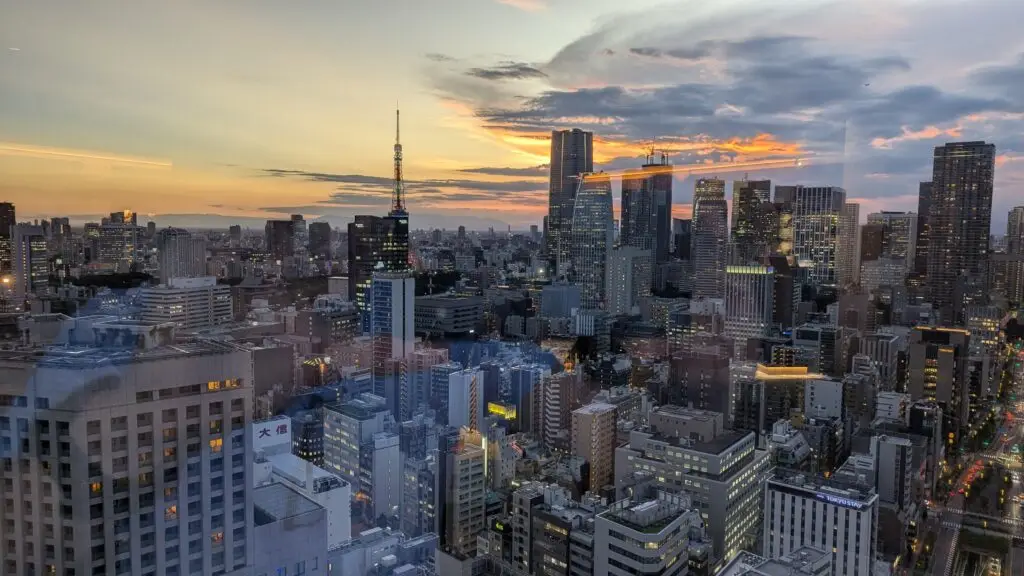
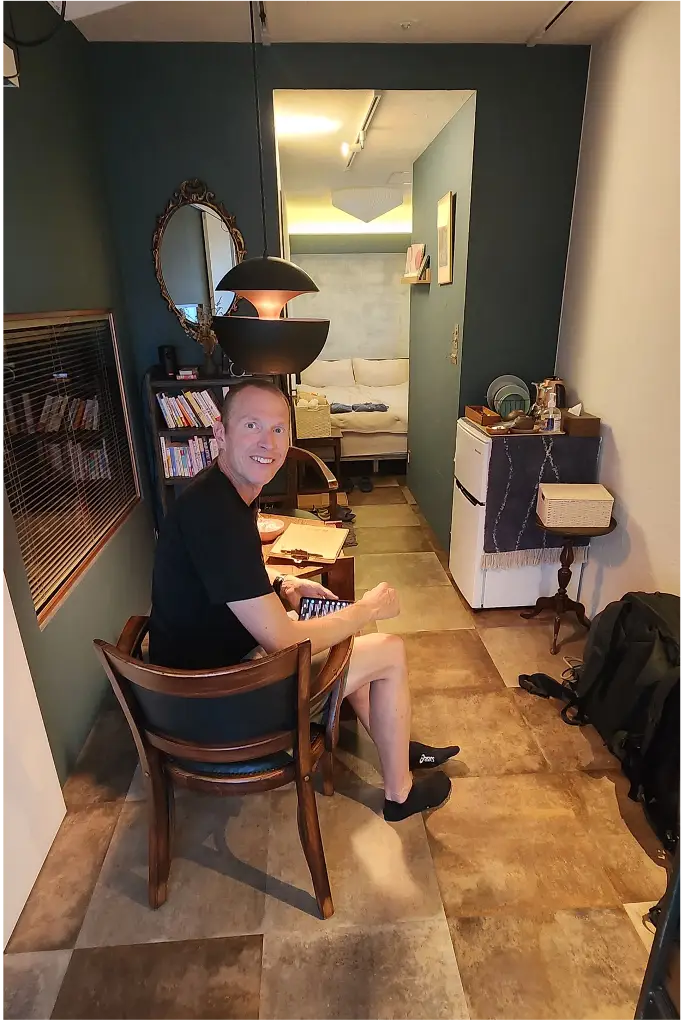
I spent just under two years in Tokyo, from 2012 to 2013. It was a surreal and transformative experience, full of lessons I’ll save for another blog post. With responsibility for Asia Pacific, I spent about 75% of those two years traveling throughout Japan and the region, including Australia and Singapore. My apartment was essentially the world’s most expensive storage unit, hosting my laundry in between trips. Still, I managed to make new friends and forge connections with colleagues. Back then, our Tokyo office had around 1,000 employees, and about eight of whom were foreigners—or “gaijin,” a term that literally translates to “aliens.” My entire team was Japanese, except me.
I lived in a high-rise in the center of Tokyo and commuted by train, whether to the office, the airport, or destinations across Japan. When possible, I opted for the Shinkansen (bullet train) over flying—it’s fast, efficient, and just more fun. I loved my time there, but adjusting to life in Tokyo wasn’t easy. Daily activities like grocery shopping or figuring out my microwave—yes, I accidentally baked sake in it once—often left me frustrated, amused, or both. I quickly learned to assume nothing, be patient, and, most importantly, laugh at myself.
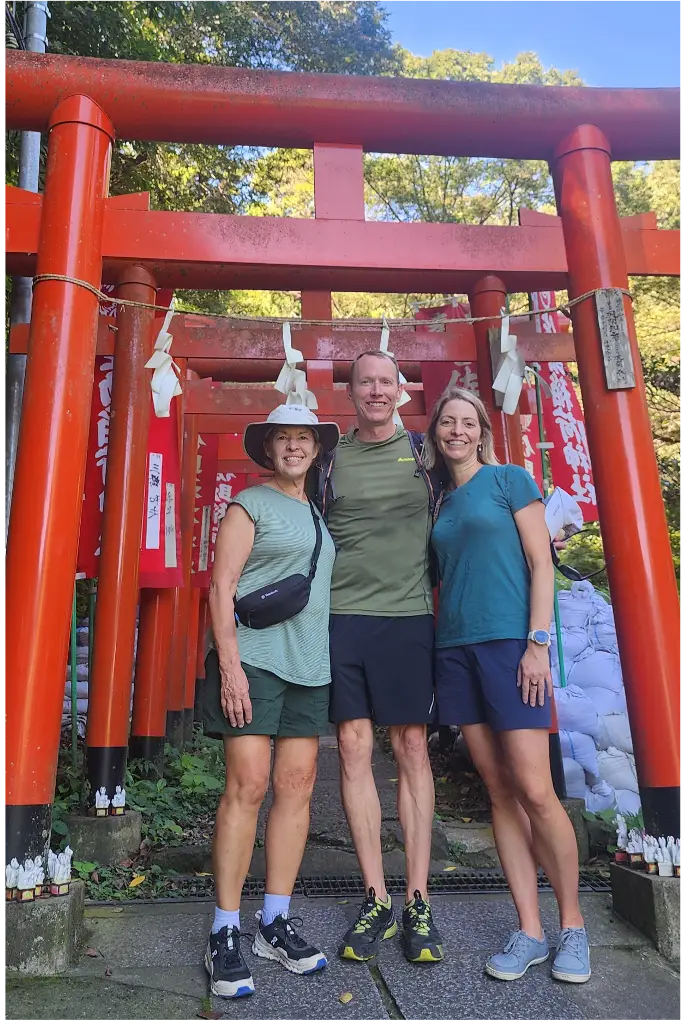
Japan is truly unique, its culture shaped over centuries into something profoundly different from the West. People take immense pride in their work, food is an art form, and respect and order are woven into daily life. That said, Japan is also an insular culture, which made building friendships challenging—especially with my travel schedule and basic Japanese skills. Learning kanji and katakana helped me navigate and loosely identify what I was eating, but deep conversations? Not so much.
Fast forward to now. Over a decade later, I returned to Tokyo for just five days, and I was floored by how much has changed. English announcements on trains? Check. Train stations with letters and numbers alongside Japanese names? Game changer. Even small vending-machine-operated soba shops now have English translations. And while the city feels more welcoming to foreign travelers, it was bittersweet to see some of my favorite restaurants closed or changed, thanks to COVID. On the upside, the park across from my old apartment has been transformed into a stunning, tranquil community space—clearly, my housing choice was ahead of its time.
For a country and culture I once thought unchanging, Japan has proven me wrong. Friends and former colleagues shared mixed feelings about the changes: some see the benefits, while others miss the continuity and conformity of the “old ways.”
During our visit, Bryan and I stayed in a cozy Airbnb just outside the city center, giving him a taste of Japanese life. We visited my old apartment, strolled through the revamped park, joined a walking tour in Kamakura, and indulged in a lot of local food—regaining any weight lost on SwimTrek. The highlight for me? Dinner with Okajima-san, a former colleague, and lunch with Rohan, my first and longest-standing friend in Japan.
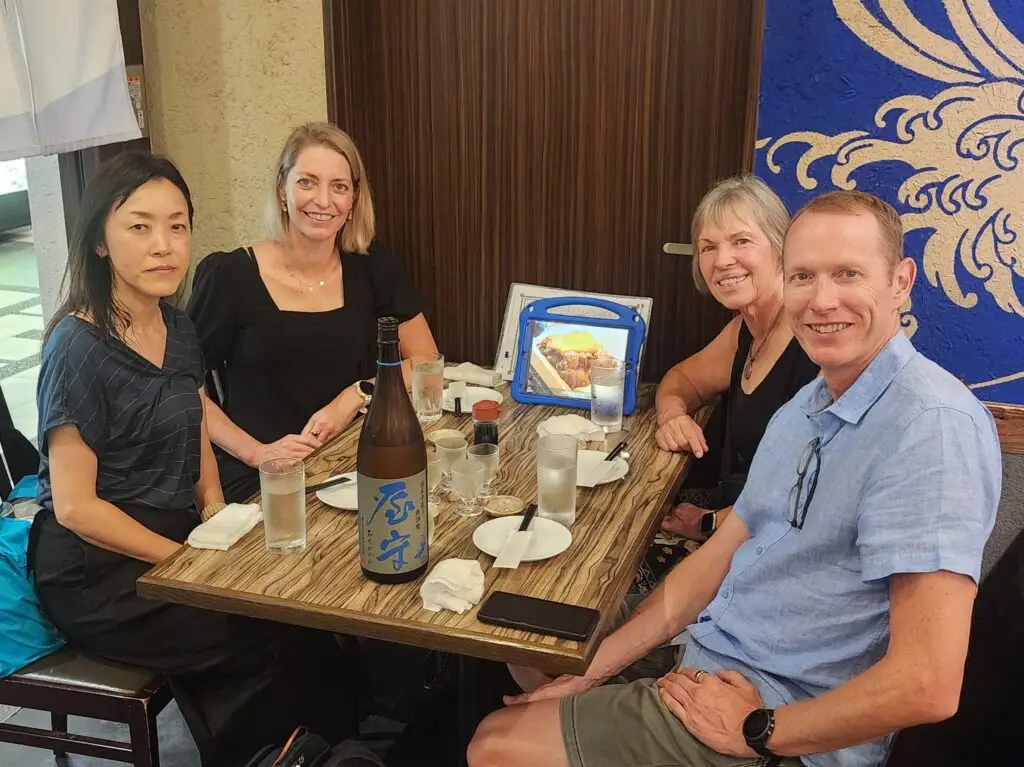
While it was wonderful to return, five days wasn’t nearly enough. I wish we’d had 2–3 weeks to explore the mountains, revisit Hakuba (my favourite place in Japan), and head north to a few places I didn’t get to see while living there. I guess that just means we’ll have to come back—hopefully sooner rather than later.
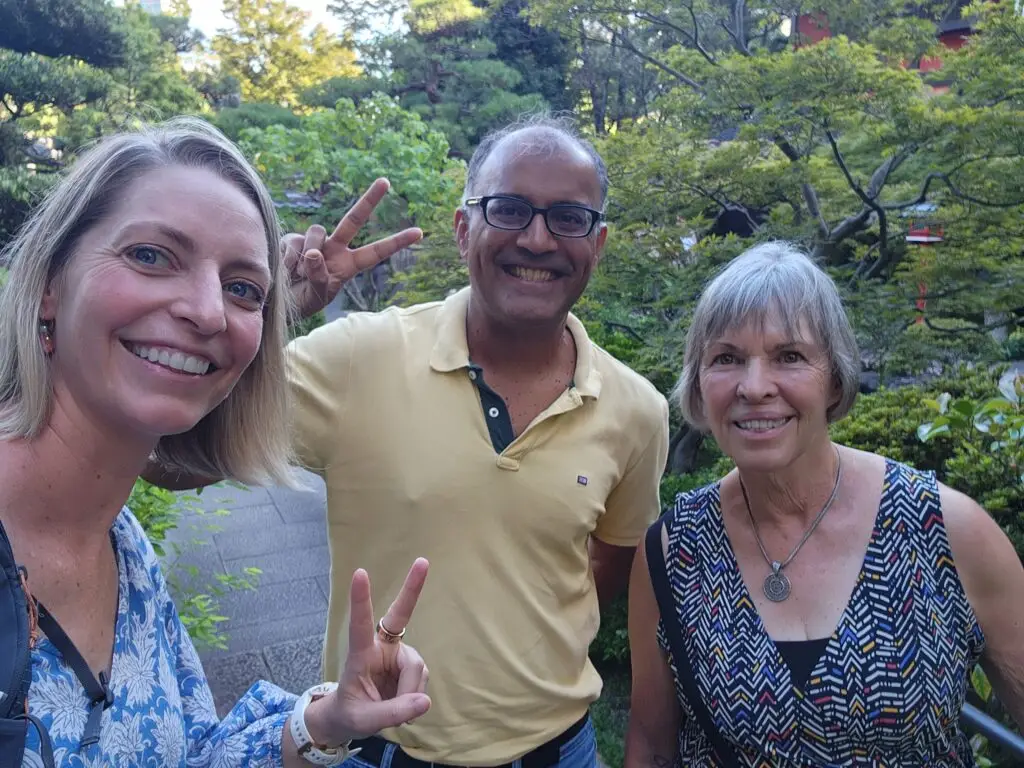
Want to receive an email when there are new posts?
